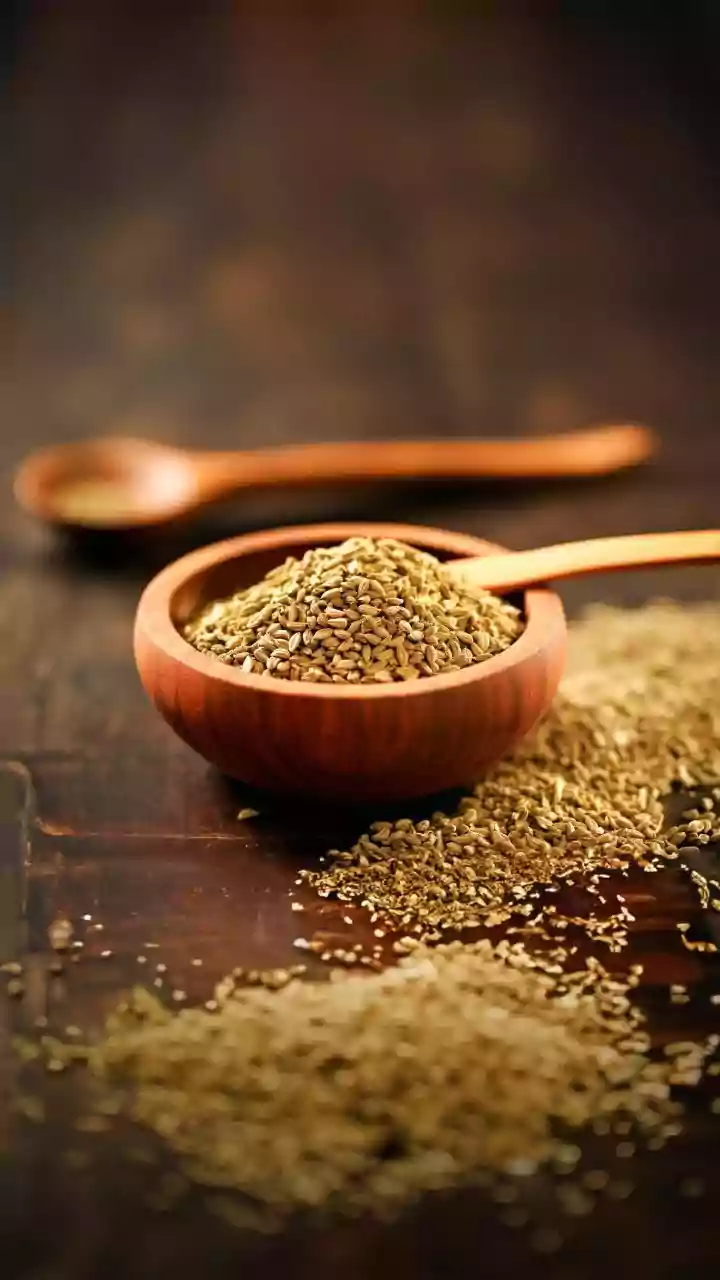Clove: A Powerful Spice
Cloves, frequently used in cooking and known for their aromatic flavor, have a rich history in traditional medicine. This small, yet potent spice offers
a wealth of health benefits. It is often utilized as a remedy for digestive issues and dental pain. Beyond its culinary uses, cloves possess significant properties that are beneficial for cardiovascular health. These benefits stem from the compounds found within cloves, which work synergistically to improve different aspects of heart health and cholesterol management. Understanding the science behind these benefits will offer deeper appreciation for the spice's value.
Lowering Cholesterol Naturally
High cholesterol is a significant risk factor for heart disease. Consuming a clove daily can help in lowering the levels of LDL or 'bad' cholesterol, while possibly increasing levels of HDL or 'good' cholesterol. The components in cloves aid the body in processing cholesterol more effectively. The key ingredient that plays a crucial role is eugenol, which has been shown to reduce lipid levels. By consistently integrating cloves into your diet, you can achieve a significant reduction in cholesterol levels naturally. The effect is gradual yet sustained, promoting a healthier cardiovascular system and lowering the risk of heart-related ailments. Additionally, the natural approach reduces the need for medication, lessening the potential side effects that may arise from pharmaceuticals.
Heart Health Benefits
Beyond its impact on cholesterol, cloves significantly benefit overall heart health. Clove's anti-inflammatory and antioxidant properties are essential. The spice contains compounds that combat oxidative stress, which is one of the main factors that damage the heart and blood vessels. This helps to prevent the build-up of plaque in arteries. Furthermore, cloves may improve blood flow, reducing the risk of blood clots and improving the efficiency of the cardiovascular system. These collective actions make cloves a powerful tool for maintaining a healthy heart and reducing the risk of heart disease. Using cloves regularly supports the heart and contributes to a longer and healthier life.
Daily Clove Consumption
Incorporating a single clove into your daily routine is easy and convenient. It can be consumed in various ways to suit individual preferences. One way is to chew a raw clove, although the taste can be strong for some. Another option is to add cloves to your meals, whether in stews, curries, or even roasted vegetables. Ground cloves can be used in tea or coffee. Remember to start slowly to determine your tolerance, as overconsumption can lead to some digestive discomfort. Maintaining consistency is crucial to maximize its benefits. Regular intake over a period of time is required to achieve meaningful changes in your health. It is important to have a daily intake to enjoy the benefits.
Precautions & Considerations
While cloves are generally safe, certain considerations are important. People taking blood thinners or those with bleeding disorders should consult a healthcare provider before increasing clove intake. The compounds in cloves may have an effect on blood clotting. Pregnant or breastfeeding women should use caution and check with a doctor. Always start with a small amount. If you experience any side effects such as digestive issues or allergic reactions, reduce the intake and consult a healthcare professional. It is essential to listen to your body. Keep the recommendations in mind to consume cloves in a safe and effective way. Combining cloves with a balanced diet and regular exercise maximizes benefits.
Enhancing Your Diet
Adding cloves is a good start toward a healthier diet and lifestyle, though it's not the only thing to think about. For the best heart health, combining cloves with other heart-healthy foods is important. Focus on a diet rich in fruits, vegetables, whole grains, and lean proteins. Include foods like avocados, nuts, and fatty fish, all known for their benefits to cardiovascular function. Regular physical activity is also essential for good heart health. Aim for at least 30 minutes of moderate-intensity exercise most days of the week. Reducing stress, staying hydrated, and getting sufficient sleep are also vital components of a comprehensive approach. By making holistic changes, the overall effect on heart health is greatly improved.





















